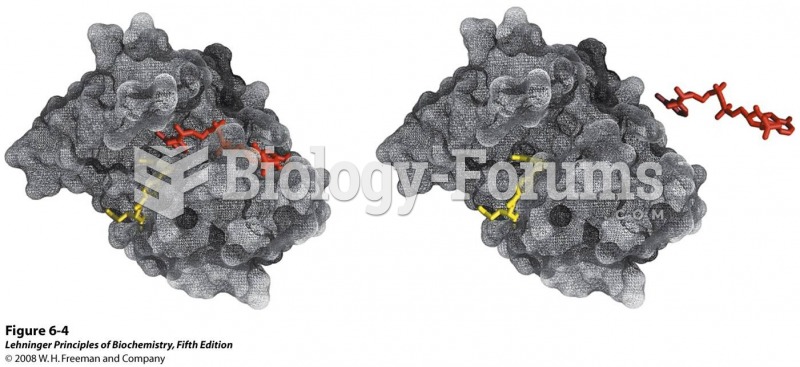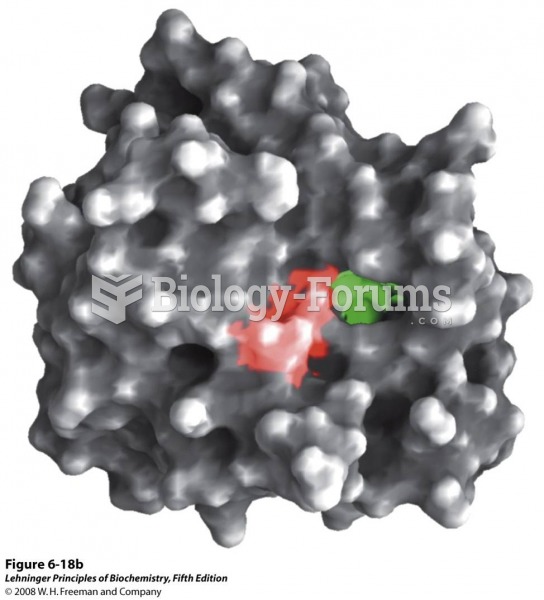|
|
|
It is difficult to obtain enough calcium without consuming milk or other dairy foods.
After a vasectomy, it takes about 12 ejaculations to clear out sperm that were already beyond the blocked area.
Human kidneys will clean about 1 million gallons of blood in an average lifetime.
Vital signs (blood pressure, temperature, pulse rate, respiration rate) should be taken before any drug administration. Patients should be informed not to use tobacco or caffeine at least 30 minutes before their appointment.
The human body's pharmacokinetics are quite varied. Our hair holds onto drugs longer than our urine, blood, or saliva. For example, alcohol can be detected in the hair for up to 90 days after it was consumed. The same is true for marijuana, cocaine, ecstasy, heroin, methamphetamine, and nicotine.







